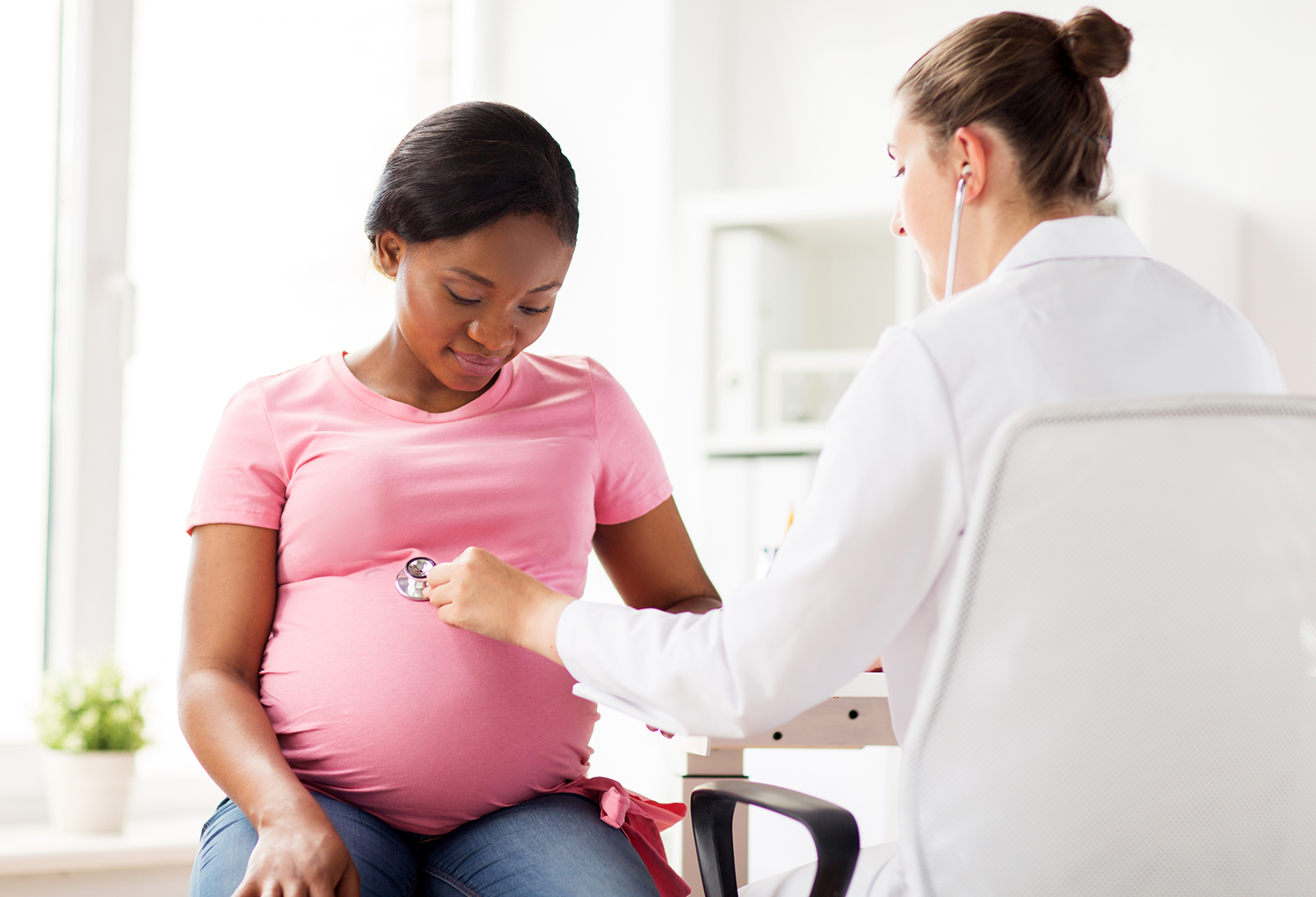Pregnancy: The Risks of a Late Pregnancy
8 April 2021

Last September, Statistics Canada revealed that the average age of Canadian women who become mothers for the first time was 30.7 years. By way of comparison, in 1959, we were talking more about 23.2 years. This tangent is also noticeable in Quebec with an average age of 30.3 years. How does your age can impact your pregnancy?
Several factors may explain the reasons for waiting before conceiving. Whether it’s a busy career, a schedule less favourable to parental leave, the increase in the cost of living, the lack of a stable relationship or simply not yet being attracted to parenthood. Moreover, couples who delay pregnancy often have a higher level of education, greater financial means and are more prepared for their new role as parents.
While all of these reasons are legitimate, they can be associated with risks. The Society of Obstetrics and Gynecology of Canada (SOGC) has also issued a recommendation that women of childbearing age should be advised of the risks of infertility and age-related complications and suggested, in 2012, measures to be put in place by employers to promote motherhood at a younger age. Allowing women a truly free and informed choice. Here is some relevant information about it!
Infertility
From the age of 32, maternal fertility decreases significantly. Moreover, the rate of infertility and miscarriage is directly proportional to the increase in maternal age, reaching almost 40% around the age of 40. An advanced age could therefore make it harder to conceive a child.
Chromosomal Abnormalities and Congenital Malformations
The rate of chromosomal abnormalities and birth defects is three to four times higher in women conceiving at an advanced age than in women in the 25-30 age group. After the age of 45, it is estimated that the majority of the women’s eggs are carriers of genetic abnormalities.
As for men, since they are also affected by age, we notice a decrease in the quality of sperm from the age of 40. This decreases fertility and increases the risk of genetic abnormalities.
Obstetric Complications
Older women would exacerbate their risk of three to five times of multiple pregnancy, miscarriage, ectopic pregnancy, gestational diabetes, gestational hypertension, preeclampsia, preterm birth, placenta previa and caesarean section. It is the same with the rate of perinatal, neonatal and stillbirth which increase with age.
While every woman is free to choose when to have a baby, our team believes that all women over the age of 35 should know their risks. Thus, they will be able to opt for a complete prenatal testing including nuchal translucency ultrasound. If this is your case, contact your Prenato team to carry out an adapted genetic and ultrasound follow-up!


